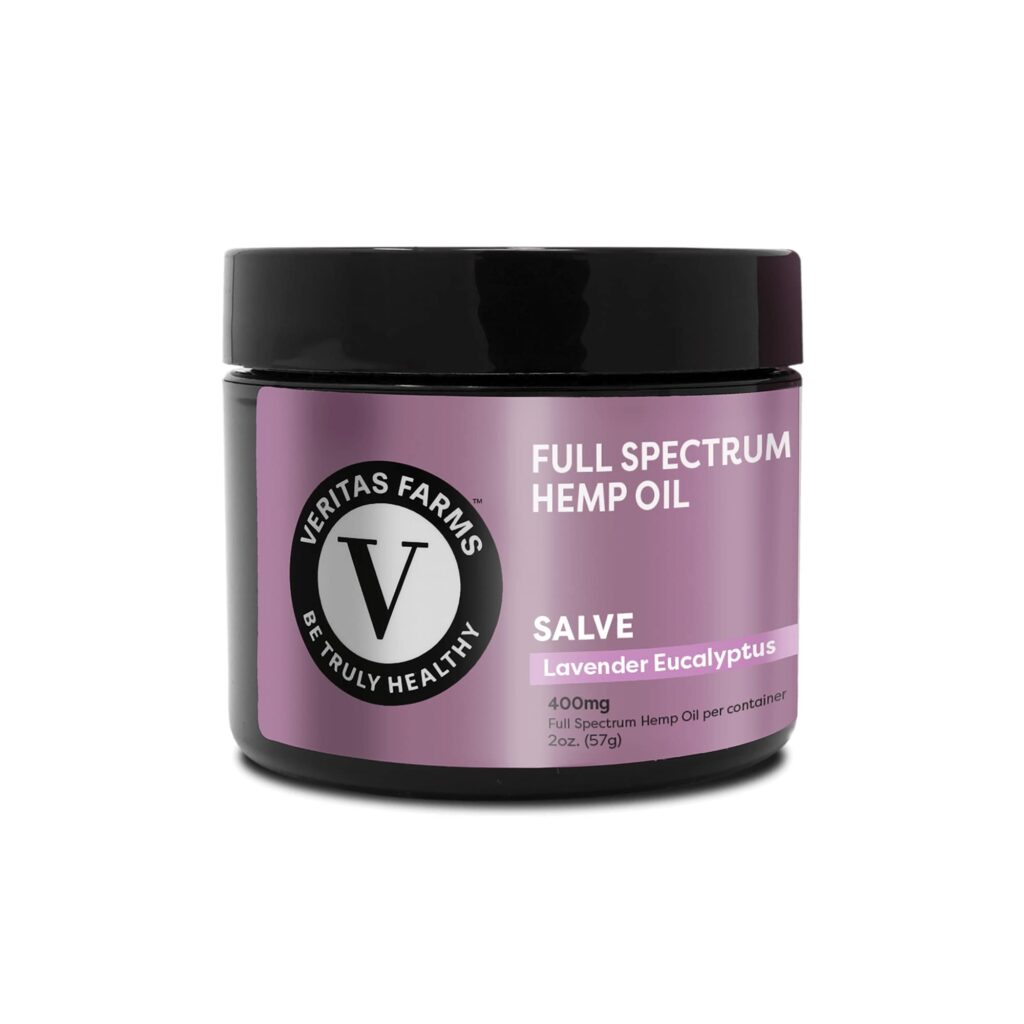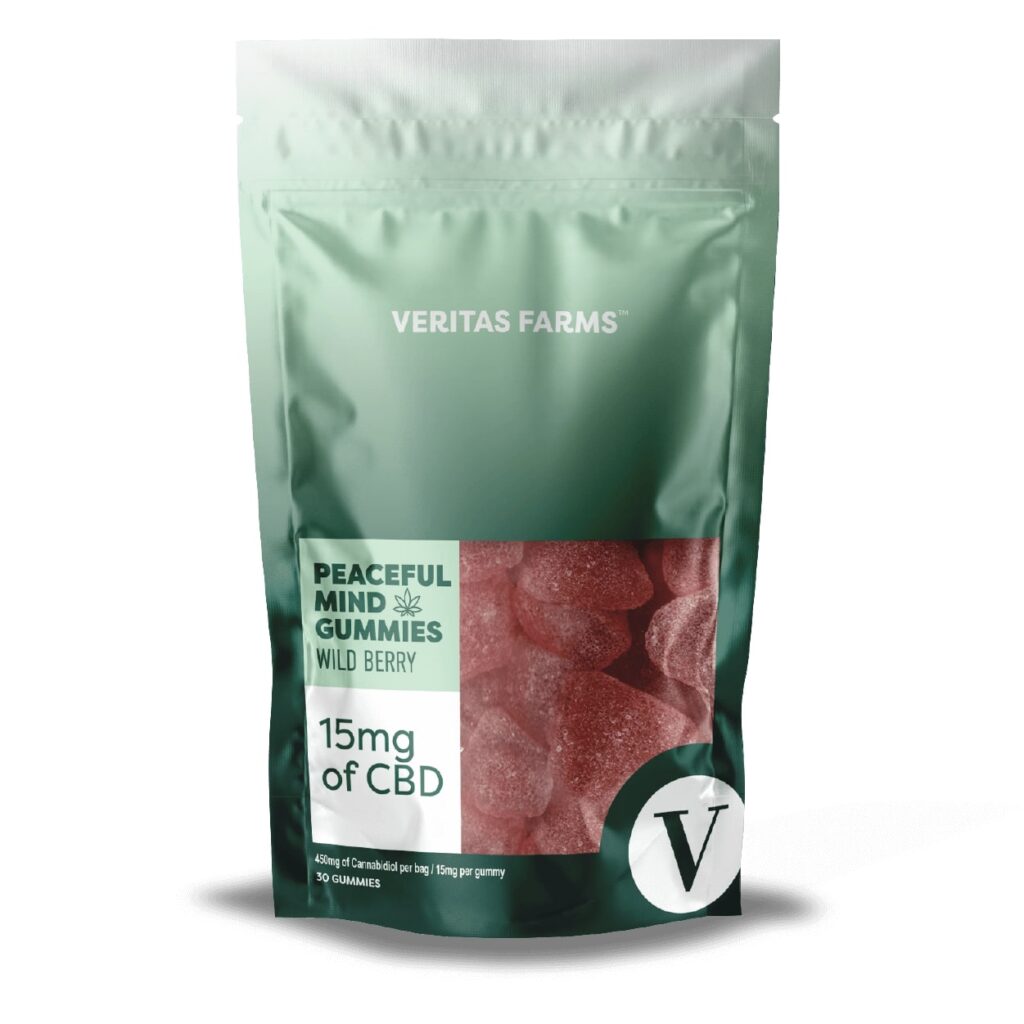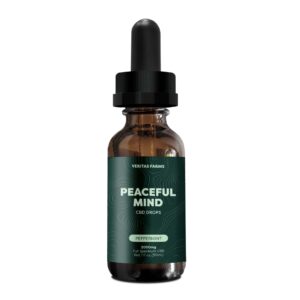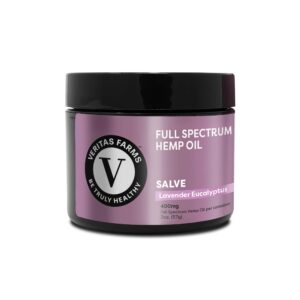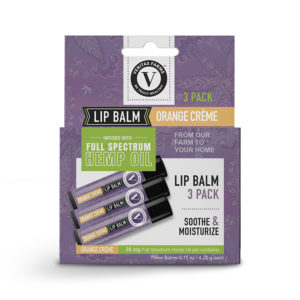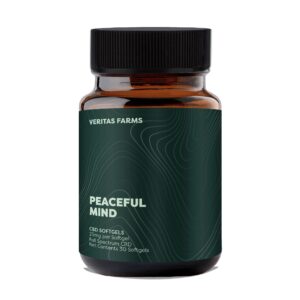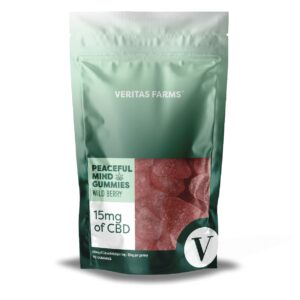What Is the 2018 Farm Bill?

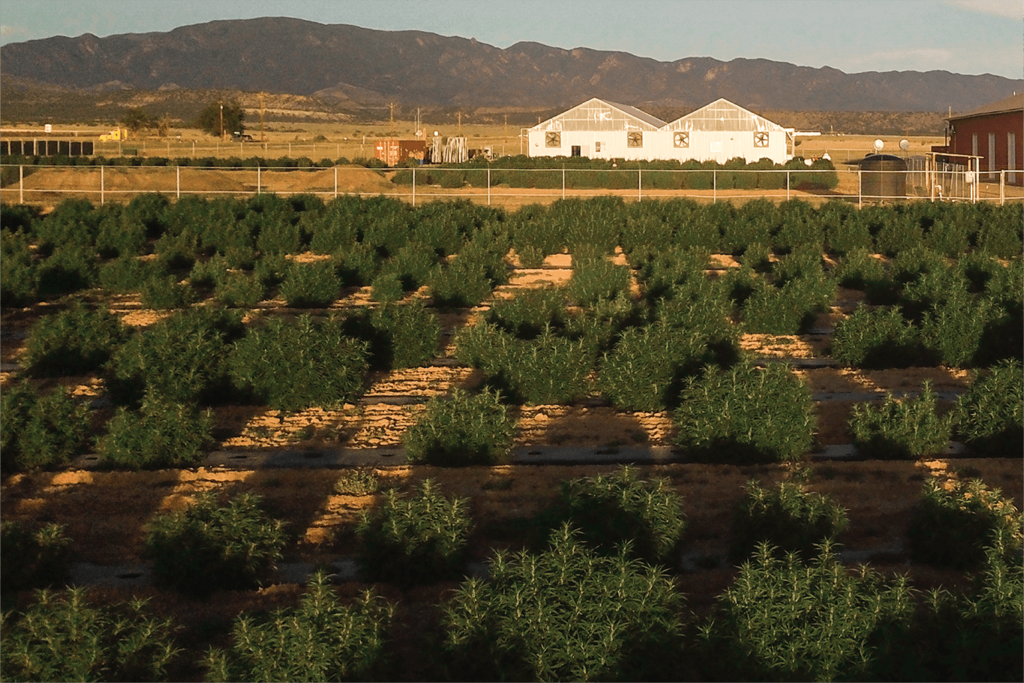
The 2018 Farm Bill, formally known as the Agriculture Improvement Act of 2018, focuses on agricultural and food policy in the U.S. through various programs, such as crop insurance, nutrition assistance, commodity support, etc. One of the biggest changes from this bill impacts the production of hemp.
The 2018 Farm Bill definition of hemp is “any cannabis plant, or derivative thereof, that contains not more than 0.3 percent delta-9 tetrahydrocannabinol (“THC”) on a dry-weight basis.” When the bill was introduced, it provided a regulatory framework for the production of hemp in the U.S., which led to the U.S. Domestic Hemp Production Program.
Under this act, hemp and hemp seeds were removed from the Drug Enforcement Administration’s (DEA) list of controlled substances. This bill establishes plans for maintaining information on the lands where hemp is grown, testing THC levels in the hemp, disposal of plants that don’t meet federal regulations, and licensing requirements. It was partly created to spark research into hemp, as well. However, the 2018 Farm Bill does not allow a free-for-all for hemp growing.
Restrictions of the 2018 Farm Bill
For starters, any cannabis plants containing over 0.3 percent THC are considered marijuana plants, and they are not legally protected under the bill. These plants are only legal to grow in select states throughout the U.S. that have created their own laws regarding marijuana cultivation and usage.
Additionally, there is shared regulatory power between the federal government and each state. This means that state departments of agriculture are required to consult with the governor and chief law enforcement officer in their state to create a plan for hemp production within the state, and this plan must be submitted to the Secretary of the USDA.
As part of this bill, a few outlined actions are considered violations of the law and the potential consequences of violations. A few of these violations include producing hemp without a license, producing cannabis with more than 0.3% THC, and failing to provide a legal description of the land being used to produce the hemp.
The History of Hemp in the United States
The legality of hemp and marijuana in the United States has a long history. In the 17th century, the production of hemp was actually encouraged by the government for use in making sails, rope, clothing, and more. How did we go from encouraging hemp production to banning it to allowing its production today?
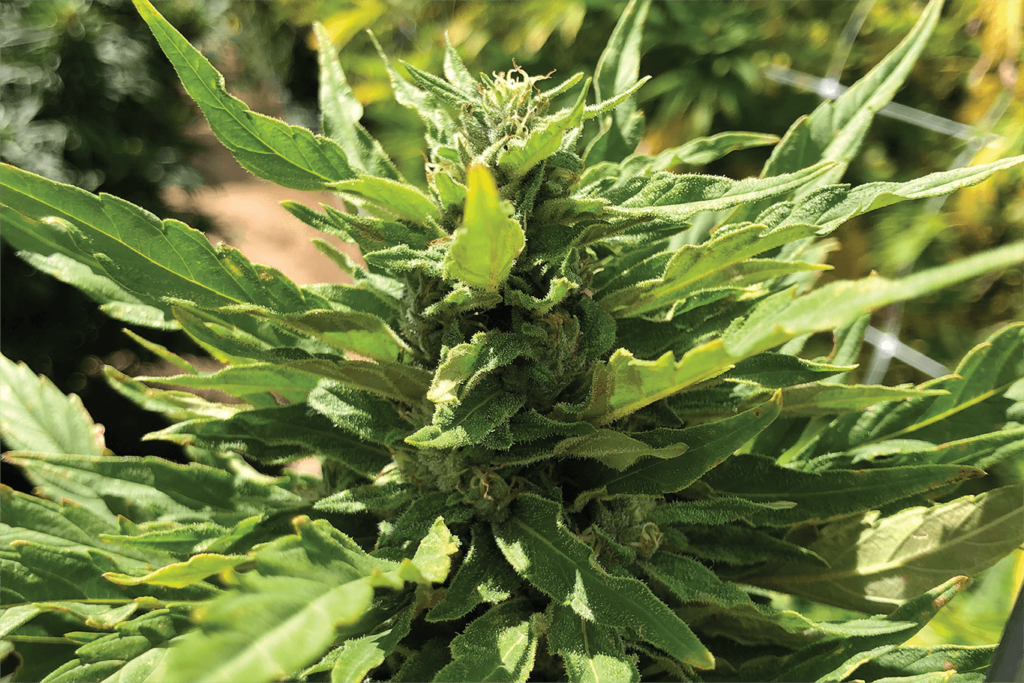
Hemp History Timeline
1600s: The U.S. government encouraged hemp production, which was used to create many goods. Things were taken even further in 1619 when the Virginia Assembly passed legislation that required every farmer to grow hemp along with their other crops. Hemp could even be used as legal tender in Virginia, Pennsylvania, and Maryland.
1906: The Pure Food and Drug Act was passed, requiring labels for any over-the-counter medications containing cannabis.
1910-1920: The Mexican Revolution of 1910 brought a flood of Mexican immigrants into the U.S. This was when Americans were first really exposed to recreational marijuana.
1930s: In 1932, the Uniform State Narcotic Act was put in place to encourage state governments to gain control over the narcotics problems in the U.S. Finally, it was in 1937 that hemp production was essentially banned on the federal level with the passing of the Marihuana Tax Act.
1940s: Scarcity of hemp and other necessary materials during World War II led to the USDA’s “Hemp for Victory” program. The USDA gave farmers hemp seeds, as well as draft deferments, if they would plant hemp. Under the program, farmers harvested 375,000 acres of hemp by 1943.
1970s: In 1970, the Controlled Substances Act banned cannabis of all kinds, formally making even industrial hemp illegal throughout the U.S. as a Schedule I drug.
1998: Food-grade imports of hemp seed and hemp seed oil begin in the U.S.
2000s: In 2004, Hemp Industries Association and DEA went to trial over the sales of hemp food and body care products. The Ninth Circuit Court ruled to protect the sales of these products. In 2007, two North Dakota farmers were given the first licenses to grow hemp in over 50 years.
2010s: President Obama signed the Farm Bill of 2014, which allowed researchers to start piloting hemp farming. The following year, the Industrial Hemp Farming Act was brought before the House and Senate as an attempt to legalize hemp fully. In 2018, President Trump signed the Farm Bill of 2018 to legalize hemp.
Today, Montana and Colorado are two of the leading hemp producers in the United States, helping lead to a decline in hemp imports.
The 2018 Farm Bill allows Veritas Farms to produce high-quality hemp products with hemp grown in Colorado. Our selection of full-spectrum CBD products provides a wide range of benefits using safely grown hemp. Learn more about how to use Veritas Farms products today!
You may also be interested in…
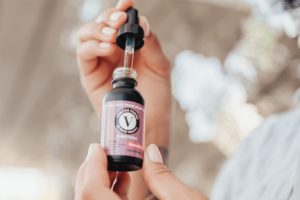
How Long Does CBD Stay in Your System?
CBD, or cannabidiol, is the awesome non-psychoactive compound found in hemp and cannabis plants. People love it for its potential wellness benefits, like promoting restfulness, feelings of calmness, and more.…
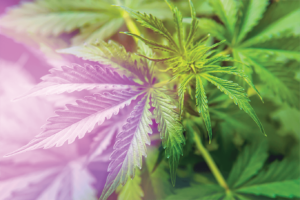
What Is the Entourage Effect?
Cannabis plants look quite simple; however, when you look at compounds from the plant, you will find hundreds of different molecules. While many of these compounds aren’t discussed in regular…

CBG (Cannabigerol): What It Is and What It Does
There are many different types of cannabinoids produced by the cannabis plant. Most people know about THC (tetrahydrocannabinol) and CBD (cannabidiol), but cannabigerol (CBG) is another cannabinoid that has recently…
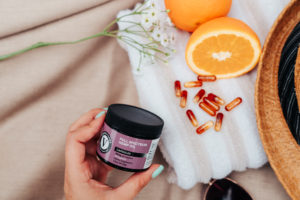
CBD Dosage: A Guide to How Much CBD To Take
With so many touting the health benefits and positive effects of cannabidiol (CBD) usage, more and more people are considering giving it a try. Those new to using CBD are…

CBD Tincture vs. Oil: The Difference Between These CBD Drops
In the world of CBD, you’re likely to encounter both tinctures and oils. While these words are often used interchangeably, they’re actually not the same thing. In this article, we’ll…

7 Ways To Soothe Muscle Soreness and Support Muscle Recovery
Muscle soreness — we’ve all been there. Whether you’re a fitness enthusiast or a weekend warrior, that familiar feeling of achy muscles after a tough workout can leave you longing…


